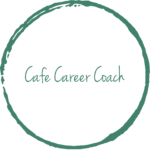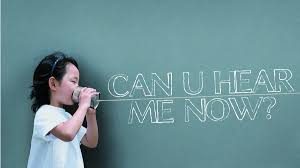Hopefully, this doesn’t come as a shock to you but – we all have a weakness or two.
Most behavioral interviews include this dreaded question. If you don’t prepare for it – you’ll probably sound like this….
A weakness? Ummm I don’t….ahhh I mean, I am a perfectionist…and yea, that sometimes makes things…umm, take longer.
Well, that was a disaster. <face> <palm>
This should and can be an easy question to answer. First, think of an actual weakness or area you’d like to improve in. Second, how can you spin it to sound more positive? Thirdly, describe the weakness and explain how you are aware of the weakness and the actions you take to prevent it or ways you’re working to improve.
Here’s an example of a WEAKNESS that I discussed with a job seeker the other day…”I would say that my weakness is that I often have trouble saying “no” to people when they need my help. This often leaves me working late hours, getting burnt out faster or frustrated…and it’s my own fault! So, I’m working on being more aware of my to-do list and priorities for the week so that when someone asks me to help with something I’m able to say “yes” or “no” as well as give them a realistic timeline for when I could get it done.”
Having a weakness isn’t a bad thing. This question is to help the interviewer understand how aware you are of yourself and your abilities. If we can’t identify what we’re good at and what we could work on…how do we get better?!






